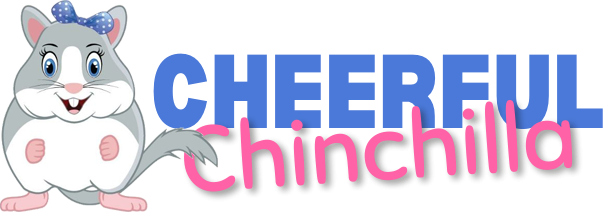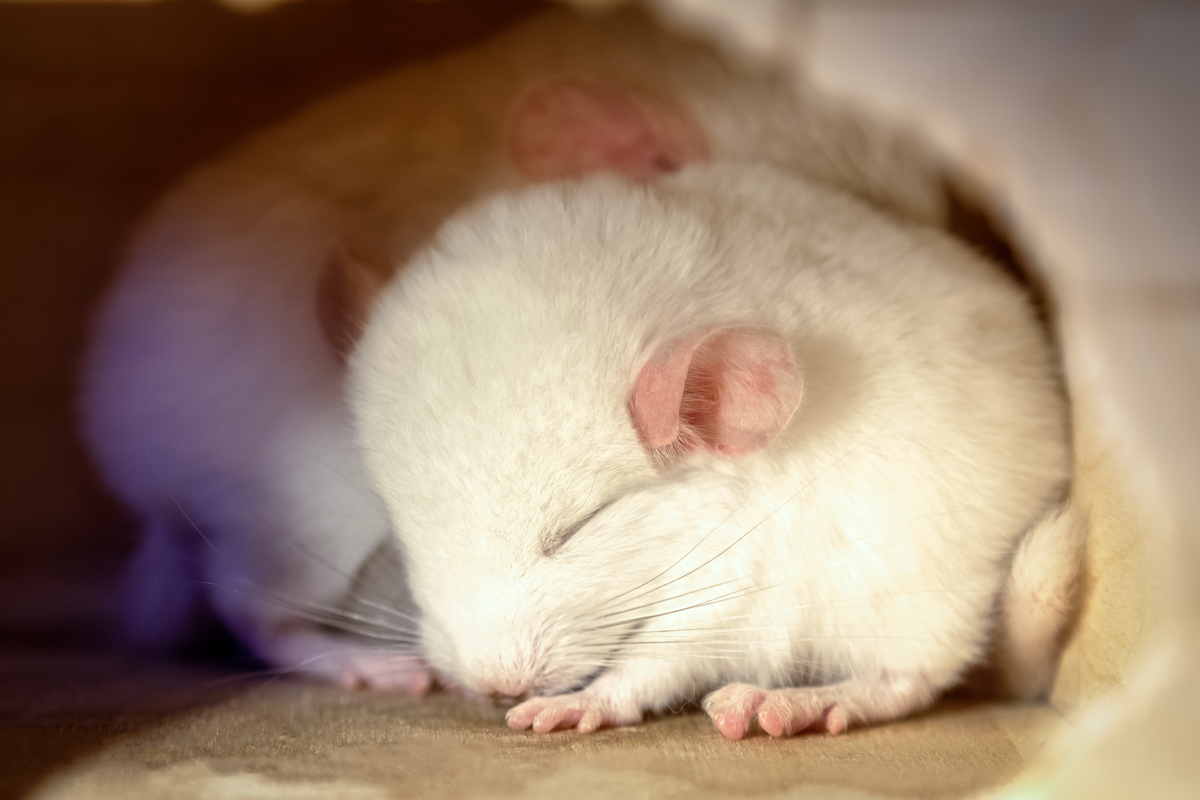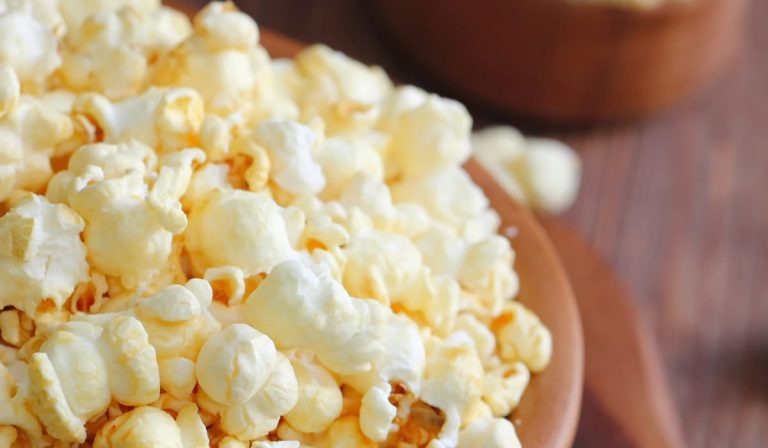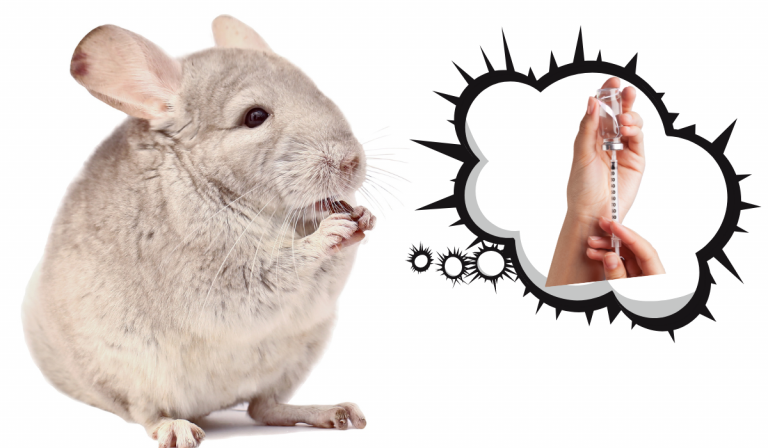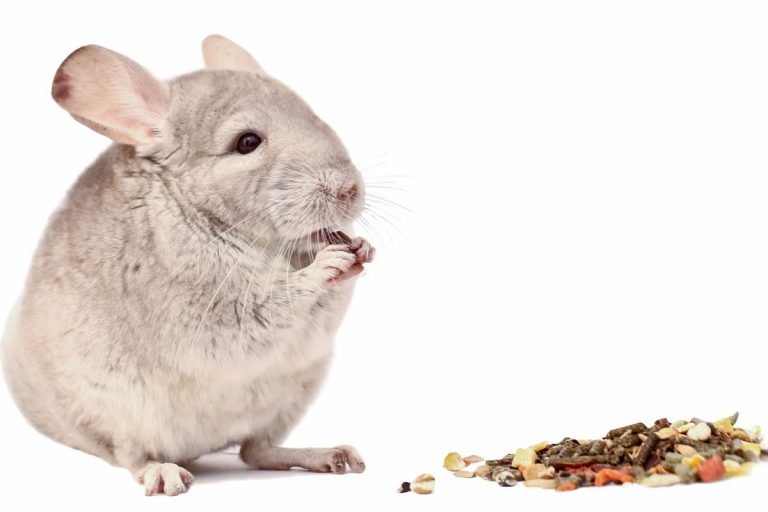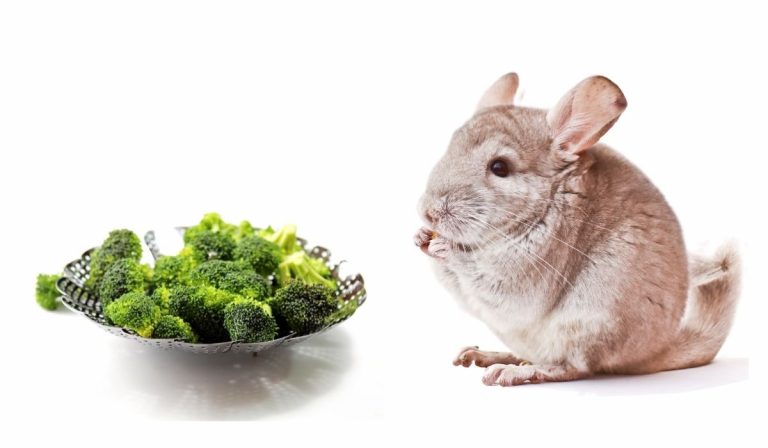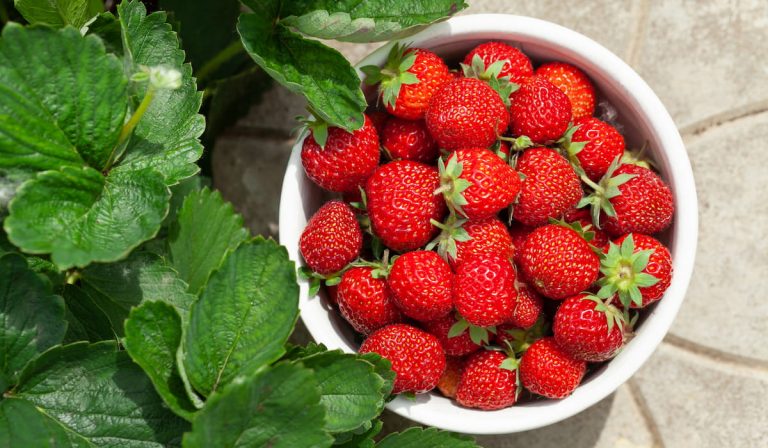Can Chinchillas Eat Cheese?
Dietary Guidelines for Chinchillas
Chinchillas are herbivores who primarily need two things for a balanced diet, namely grass (hay), and chinchilla pellets.
Among the best options for roughage are orchard grass, alpine, oat, and alfalfa since they are highly nutritious. Chinchillas should also get access to timothy hay consistently.
Chinchilla pellet mixtures are commercially sold and are available in a variety of brands. Remember to specifically use pellets meant for chinchillas and not any other species, especially other rodents.
Only one to two teaspoons of pellets should be fed daily.
The chinchilla’s diet is considerably varied in the wild, with a large amount of tree bark, seeds, leaves, cactus fruit, a wide variety of grasses, and flowers, among other things being on their menu.
Chinchillas will also eat foods with much fat like avocados, but can they eat cheese? And are these fatty foods good for them?
Can chinchillas eat cheese?
Chinchillas will eat cheese out of curiosity because they don’t perceive it to be poisonous.
However, cheese is not good for them and should not be fed to them. Chinchillas cannot digest lactose, which is found in dairy products.
Because it is a dairy product from another species, cheese may pose a problem to the chinchilla’s digestive tract, or worse, cause an illness that could be lethal to your pet if taken in large quantities over an extended period.
Furthermore, besides chinchillas being unable to digest lactose, cheese has high-calorie content that might not be good for your chinchilla.
The protein, lipid, carbohydrate, and fiber levels in cheese are also too high. Because of this, it is not recommended to feed cheese to your chinchilla.
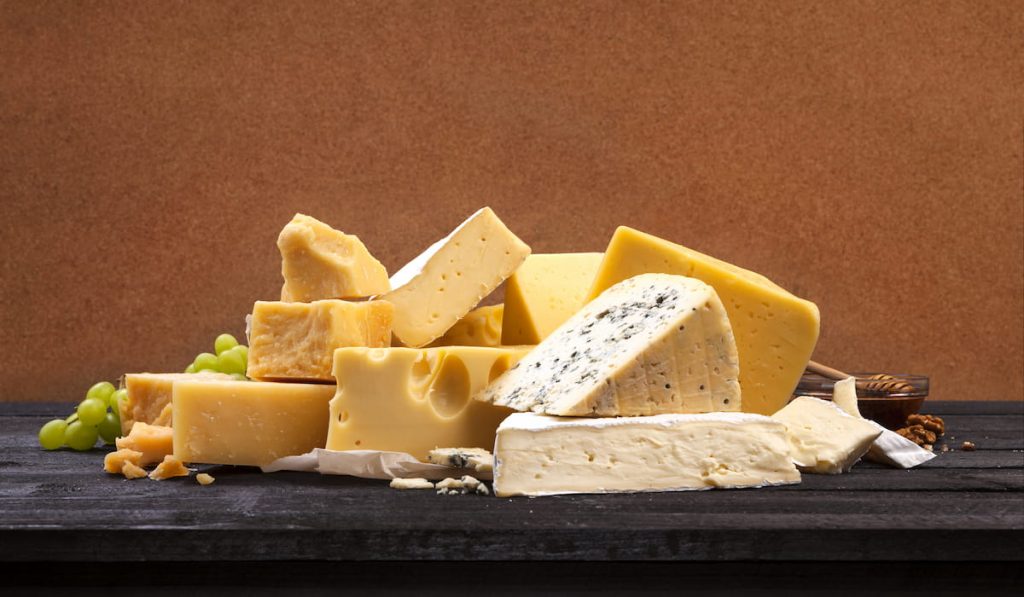
Do chinchillas like cheese?
Chinchillas have a taste for most foods that aren’t their usual feeds. Cheese, just like any other snack, will get your chinchilla excited.
Furthermore, cheese is rich in calories and fats, making it more appealing to the chinchilla.
However, your chinchilla won’t enjoy the later effects of eating cheese. Bloating and diarrhea are very painful and can, in the worst case scenario, kill your pet.
Nutritional Value of Cheese and Side Effects on Chinchillas
Cheese also has a very high calorie content, about twice as much as a chinchilla needs in every 100 grams, which can lead to weight gain over time.
There is a wide range of cheese types, but all are generally high in calories, fats, and proteins, with a small number of vitamins and minerals.
In every 100 grams of cheese, there is:
- 3.4g of carbohydrates
- 33g fats
- 23g proteins
- 0.5 g sugar
- 403 calories
- 0.428mg Vitamin B2
- 0.41mg vitamin B5
- 0.066mg vitamin B6
- 1.1mcg vitamin B12
- 0.71mg vitamin E
- 0.6mg vitamin D
- 0.03mg copper
- 710mg calcium
- 653mg sodium
- 3.64mg zinc
- 28.5mcg selenium
- 455mg phosphorus
- 36.75g of water.
Compared to the chinchilla’s normal food and the number of nutrients the chinchilla needs, cheese has about twice as much of the unnecessary nutrients, yet so little of the essential ones.
Because of this very reason, cheese consumption might lead to health complications or weight gain.
The chinchilla’s calorific needs are satisfied by the normal hay, and on an average daily intake of 25 grams, timothy hay has around 45-50 calories per 25 grams.
This implies that a small piece of cheese, about 12 – 13 grams, is enough to satisfy the chinchilla’s daily needs. The high fat content in cheese leads to the high calorie content.
Unlike hay, cheese has a finer, denser texture making it easy to eat. With the ease of eating it, however, the chinchilla will often go for more quantity to satisfy its hunger, in turn leading to possibilities of diseases or conditions like weight gain or heart complications.
Cheese contains insufficient carbohydrates for your chinchilla. Unlike hay, cheese doesn’t give your chinchilla the basic energy that it needs to thrive, compared to the high energy in the hay.
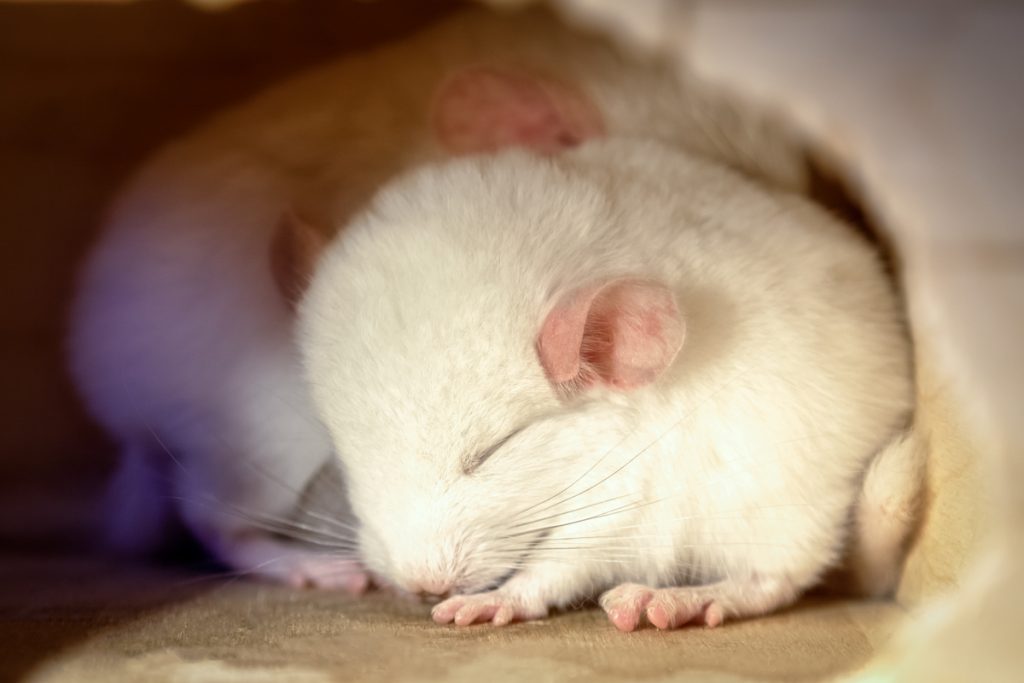
Cheese has no fiber at all, and yet chinchillas need high fiber foods. The chinchilla’s digestive tract is adapted to handle high fiber foods to have a firm stool.
However, low-fiber foods like cheese will only slide through the gut, leading to cases of diarrhea or bloating, and constipation.
Though not considered a watery food, cheese contains a lot of water, which is not good for your chinchilla. To make it worse, when combined with the low fiber content, it will make the chinchilla’s stool soft and runny.
The high calcium levels in cheese are also a big problem since chinchillas need a balanced intake. Both excesses and deficiencies are not good for your small pet.
Chinchillas get all their calcium needs from their daily hay intake and do not need your supplementation with high calcium feeds like cheese because the excesses will lead to bladder or kidney stones.
Interestingly, cheese’s protein and sugar content are not far off from what a chinchilla needs, but considering the other effects like bloating, diarrhea, and weight gain, cheese is hardly safe for your chinchilla.
The high density of vitamins and minerals in this snack is unnecessary because the chinchilla gets all its dietary needs from the normal hay and pellets.
Can Chinchillas Eat Lactose-Free Cheese?
Though not recommended, lactose-free cheese would be better when compared to regular or low-fat cheese. These products can be made from ingredients like almonds, soy, and coconut oil.
However, just because it is lactose-free doesn’t mean that it is healthy for your chinchilla.
It is still cheese, obviously with a high-fat content that the chinchilla’s gut is not used to, and still will probably have the bloating side effects and weight gain if fed on a regular basis.
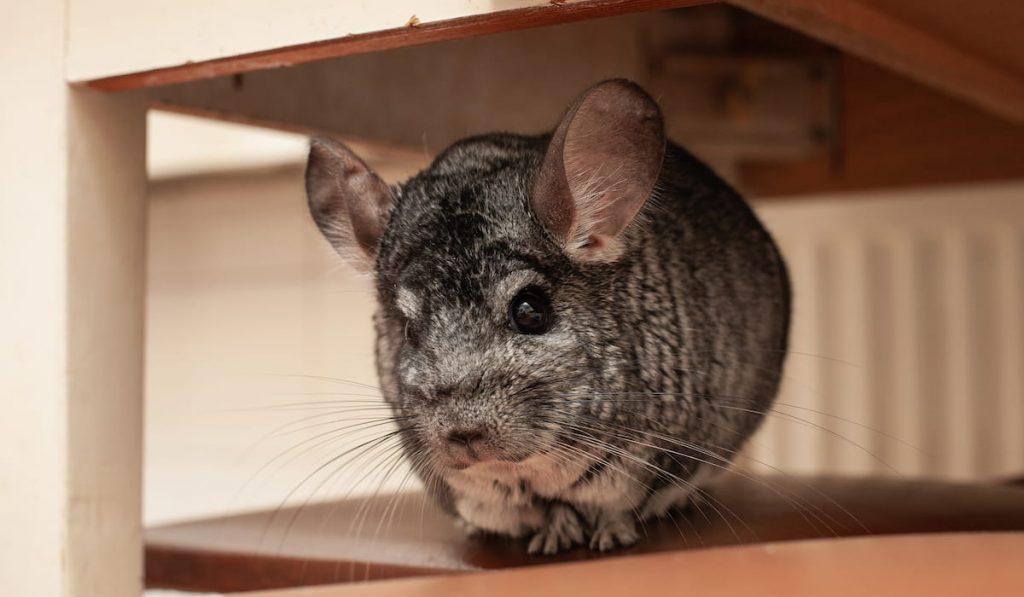
Can Chinchillas Eat Low-Fat Cheese?
Compared to regular cheese, low-fat cheese is better because it has most of its fat content removed and may have a fat concentration that is closer to a chinchilla’s fat requirements.
However, it is still cheese and is not recommended for chinchillas. Like other cheese, low-fat cheese contains lactose, which often gives chinchillas a hard time digesting and may lead to bloating or soft stools.
How Much Cheese Can Chinchillas Eat?
Even in the smallest amount, cheese is generally not good for your chinchilla.
A small amount may not cause terrible bloat or diarrhea, but being a responsible pet owner, you should never take the risk of causing discomfort to your chinchilla.
If you feel it is necessary, and you want to feed it, you should do so with caution not to make your pet gain weight.
A small portion the size of a pebble is reasonable, though it is still not good and might lead to weight gain if fed on a regular basis.
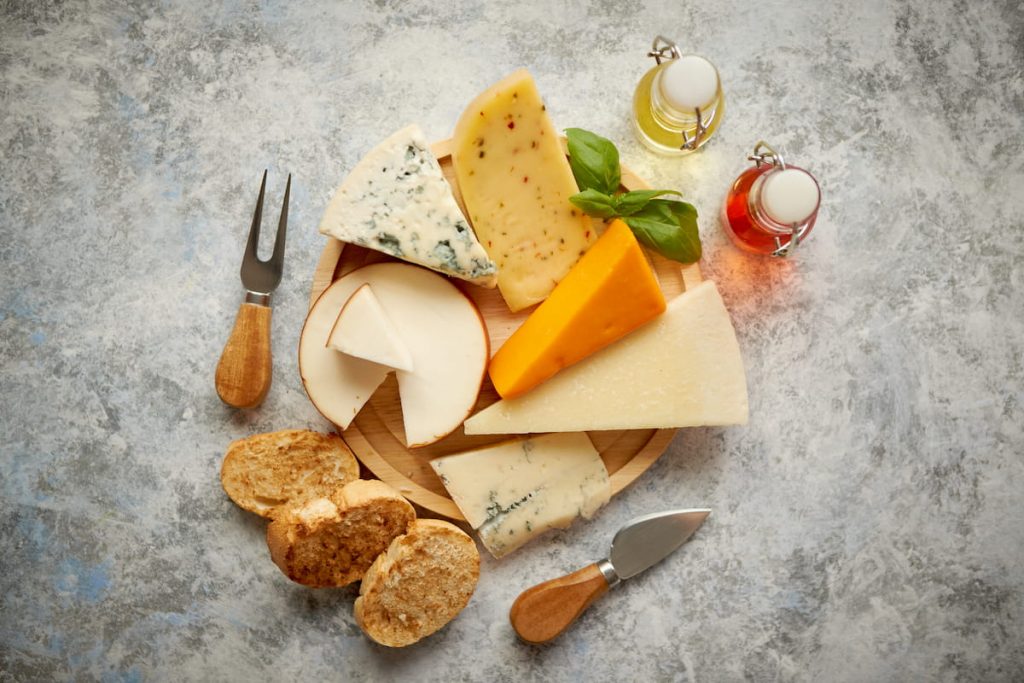
Other Dairy Products to Avoid
When feeding chinchillas, it is good to consider that other animal products like dairy products such as milk, eggs, ice cream, yogurt, and other dairy products, are to be completely avoided.
You might feed these products to your chinchilla by mistake, but just like cheese, they can have devastating effects on your chinchilla, like stomach and digestive issues, and should be avoided.
Conclusion
Cheese is terrible news for chinchillas. While they are content and flourish even if they never have treats, nibbles such as cheese often catch their interests.
Your little friends might find it tasty and love it, but it is not good and should not be fed to them.
Avoiding foods that would bring discomfort to your chinchilla, like cheese, is undoubtedly one of the best ways of providing good care for your family pet. Avoiding them should not be a problem.
To ensure that your chinchilla is also at the peak of its health, you should try as much to avoid feeding questionable treats. Though considered a treat, cheese and other dairy products should seldom be fed to avoid their adverse effects on the chinchilla’s health.
As mentioned earlier, cheese can cause bloating and diarrhea because it is not appropriately digested. Even if some is digested, it would be too much for your chinchilla to handle.
Feeding recommended snacks like sweet hay, dandelion, and rose hips is a better decision than feeding your pet cheese.
Resources
- https://animals.mom.com/food-chinchilla-eat-1872.html
- https://infolific.com/pets/chinchillas/safe-and-unsafe-food-for-chinchillas/
- https://lovemychinchilla.com/can-chinchillas-eat-cheese/
- https://planetchinchilla.com/
- https://lovemychinchilla.com/can-chinchillas-get-fat/
- https://planetchinchilla.com/chinchillas-and-diarrhea/
